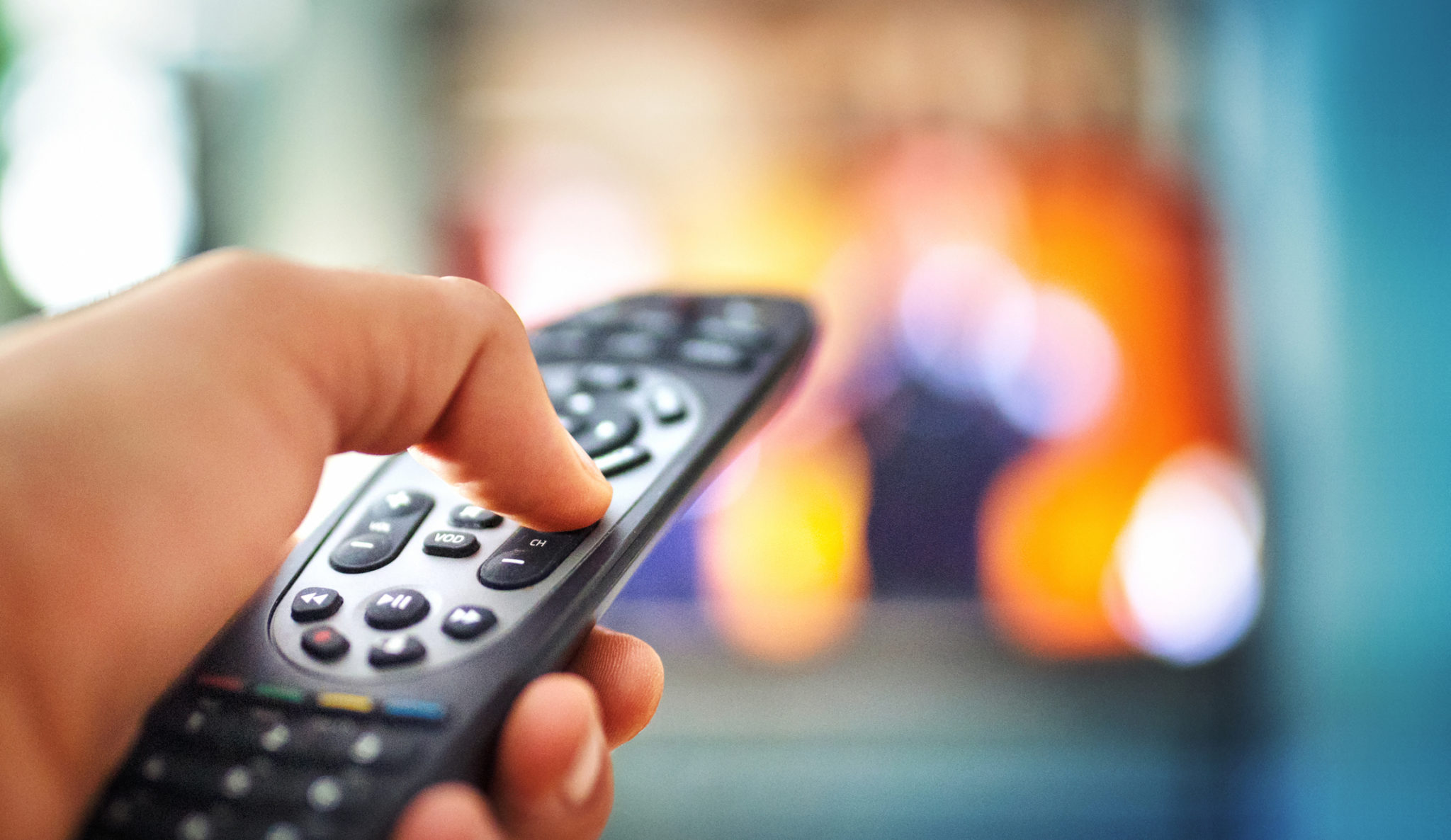Back in September, Congress held its first hearing into the future of TV. At the hearing, representatives from the National Association of Broadcasters joined efforts by owners of local TV stations to make live TV streaming services like YouTube TV, Hulu, and Fubo into cable TV companies. To help do this, owners of local TV stations formed a group called the Coalition for Local News. The goal of this group is to get the FCC to agree to reclassify streaming services that offer live channels as cable TV companies.
Last week, in an interview with the Seattle Times, Members the Coalition for Local News and GMs at local Seattle TV stations say these streaming services are threatening the future of local news by not paying enough for it. To address what they see as a “streaming loophole” owners of locals, Nexstar, the largest owner of ABC, CBS, FOX, and NBC services like YouTube TV to reclassified as cable TV companies.
If Nexstar, Cox, Gray, and others get their way, the FCC would reclassify streaming services as cable TV companies, allowing local owners to demand more money.
What exactly is happening:
Earlier this year, Local TV station owners formed a new Coalition for Local News to push the FCC to force cord cutting services to be treated like cable TV companies. If the FCC agrees to change the rules, it would force YouTube TV, Hulu, Fubo, and more to strike deals directly with the owners of local TV station owners instead of the big networks.
This comes as the Coalition, made up of 600 local TV stations owned by groups like Nexstar, last week put out a new statement to demand change to how the FCC regulates live TV streaming services.
How streaming services like Fubo are fighting back on this pan:
Now though YouTube TV, Fubo, Vidgo, Roku, Paramount, Disney, NBCUniversal, and more have come together to create a coalition called Preserve Viewer Choice Coalition to stop this move.
“Cable and satellite regulations were enacted decades ago, long before most Americans had even heard of the internet. It’s almost laughable that the same policies would be appropriate in an era with nearly unlimited viewing options.” The coalition made up of YouTube TV, Fubo, and more said in a statement posted online.
This fight is putting local TV station owners like Nexstar at odds with network owners like Disney’s ABC and Comcast’s NBCUniversal. Right now ABC and NBC can make contracts covering all of their affialites even the ones they don’t own for streaming services like YouTube TV. If local TV stations win, it would dramatically change how the FCC regulates live TV streaming services. It would also force them to negotiate directly with the owners of local TV stations like Nexstar. If that change happens, Fubo, Hulu, and others wouldn’t be able to strike deals directly with Paramount for all CBS stations, for example. Instead, they will need to go to each individual owner of each local TV station. This is what cable TV companies have to do, and it is what live TV streaming services may have to do soon.
The group of local TV stations owners are pushing the FCC saying this change is needed to protect local news. YouTube TV and others are pushing back, saying, “Local news thrives under the current system. It took mere months for streaming services to offer local news in every U.S. market, while it took decades for traditional providers to do the same under the old rules and regulations some large affiliates now want to apply to streaming services. Requiring streaming platforms to negotiate carriage individually in all 210 designated markets will lead to less local news available for streaming viewers.”
Would this cost cord cutters more money?
If local stations get their way it could also mean you will pay more for services like YouTube TV, Fubo, Hulu + Live TV, and more. If the owners of ABC, CBS, FOX, and NBC local stations succeed, live TV streaming services would need to pay a $1.23 fee per subscriber every year for the FCC regulatory fee imposed on cable TV companies, according to Ted Hearn, a policy expert who had worked for ACA Connects, who posted the stat on X (formerly Twitter). Based on a Leichtman Research Group study that found 13.4 million subscribers to live TV streaming services, the fees would add up to $16.4 million.
So why is this all happening?
The collation is pushing this to ensure local news will be offered on streaming services. With that said you can’t ignore the money side of this. Recently multiple local owners have been pushing for increases in what they get for their locals. Right now they have to accept what the parent networks agree to with streaming services. This rule change would allow them to decline offers they don’t like.
So what does this mean for cord cutters?
Local channels have argued the deals they got with live TV streaming services were too low. A change would mean a new round of negotiations for all of the local channels, which could lead to blackouts if agreements aren’t made. It could also result in higher costs for streaming services.
If the FCC changes the rules, this puts services like Hulu, YouTube TV, FuboTV, and more in a tough spot. First, they would have agree to the demands of locals for more money and raise their prices or drop those channels. Something is likely to result in blackouts like what we are seeing with DIRECTV right now.
For now, it looks like local station owners are ready for a long fight to get what they believe will be a better deal for them.

